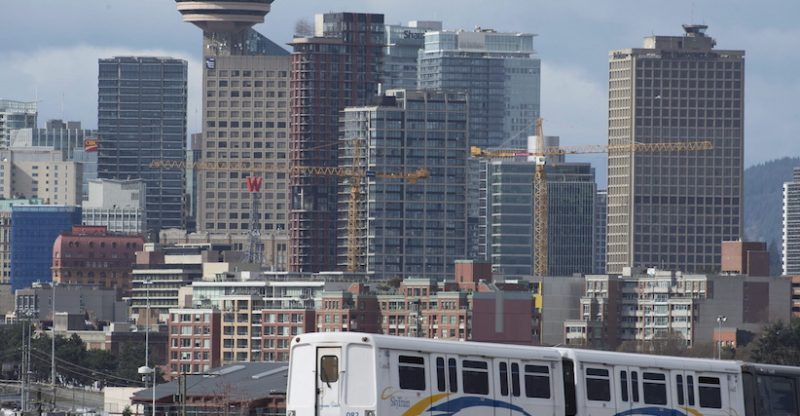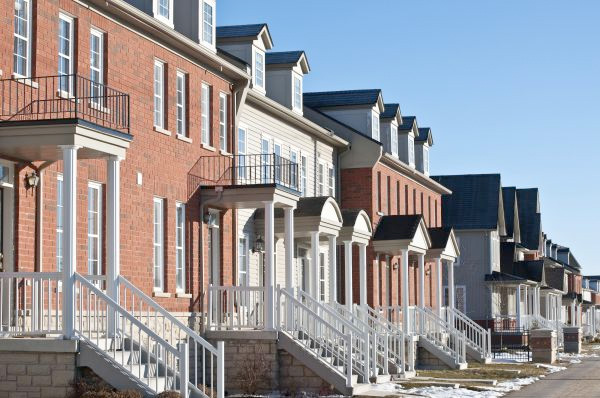British Columbia Believes Foreign Buyers’ Desire For Real Estate Isn’t Over
With regards to government forecasts, the game isn’t over yet for British Columbia’s real-estate market.
The province which enacted a 15 percent tax on foreign homebuyers in August to calm Canada’s most expensive property market, anticipates overseas investors to gather about $4.5 billion in real estate through March 2019, according to recent estimates from the provincial government. Vancouver, its biggest city, has attracted global cash, where home prices are almost twice the national average of $473,105.
For the fiscal year ending March, the tax and strong economic growth will result in a budget surplus of $1.94 billion, seven times more than the $264 million surplus in the February budget, according to an update announced by Finance Minister Michael de Jong in Victoria Thursday.
De Jong, talking to reporters, said “We’re in a good year,” stating that the province was enjoying a robust economy, especially more people working and earning, strong retail sales, and better-than-expected housing figures.
Compared to its provincial neighbors, British Columbia has benefited from an economy less dependable on resources, heading the nation’s increase in job gains and growth. Along with Quebec, it is the only major Canadian province to not forecast a deficit for 2016-17.
Based on the documents, the province expects to gather $675 million over three years from the real estate tax. That is based on presumptions that foreign buyers will buy about 2,000 units a year, at an average price of $850,000. It pro-rated this year’s projected income from the tax, which commenced on August 2nd, at 65 percent.
De Jong warned that those forecasts could change.
“It’s not an exact science,” he said. “I am admittedly nervous about those forecasts because it’s far from clear what the impact of the 15 per cent tax will be on the market. We’ll be watching that closely.”
He added that doubts about how the tax will run are “probably the biggest reason” why the province also increased its forecast allowance, a safeguard for any shortfalls.
The overseas buyer tax was enacted with the need to minimize the hike in real estate prices, following an outcry from local families struggling to pay for homes that bite off 90 percent of average before-tax income. Price gains have started to slow, with Canadian home sales declining for the fourth-straight month in August, as Vancouver headed the decline.
Provincial revenue will be about $50.5 billion this fiscal year, compared to a previous estimate of about $48 billion, the documents revealed. Economic growth will be around 2.7 percent, from a previous projection of 2.4 percent.
Growth is expected to slow to 2.2 percent next year.





